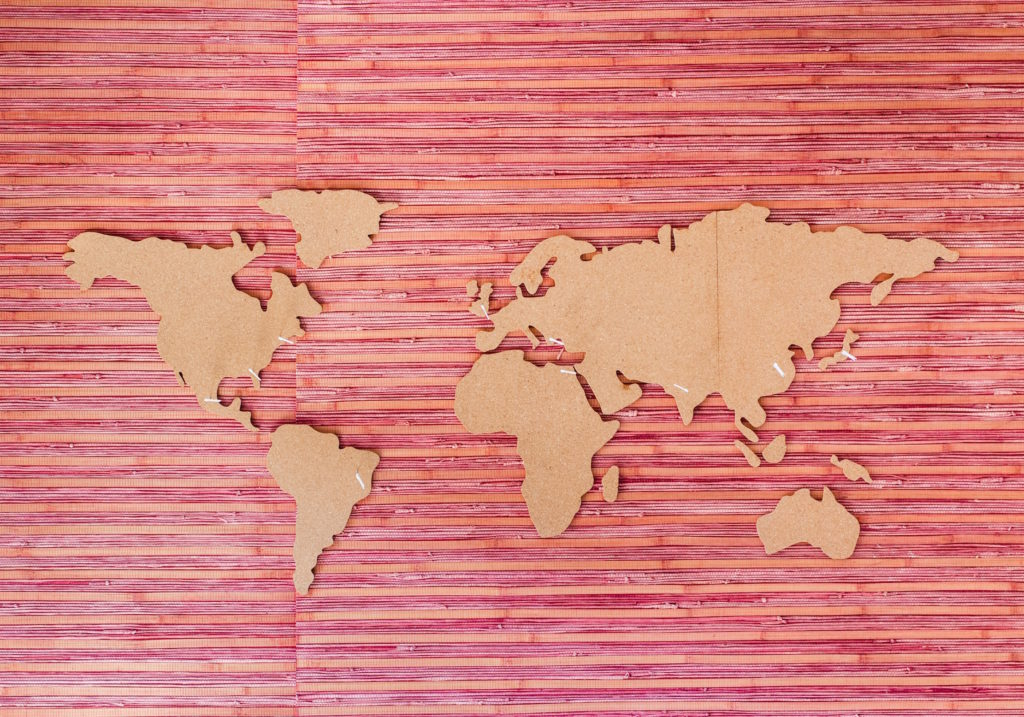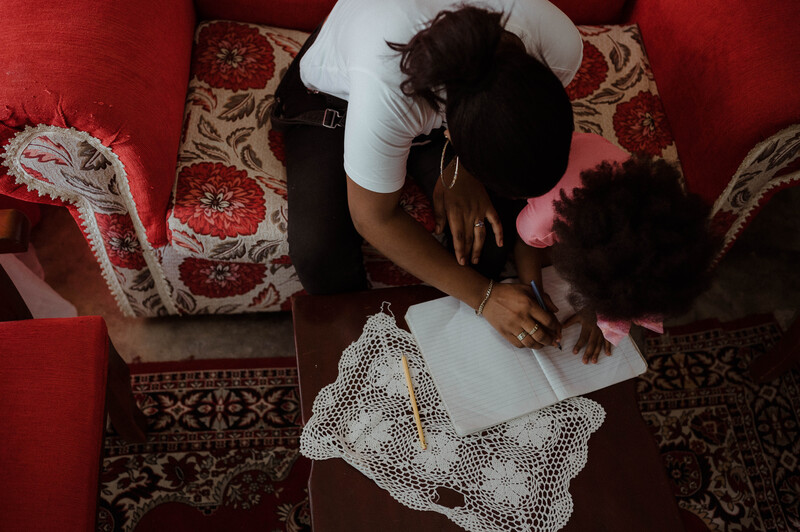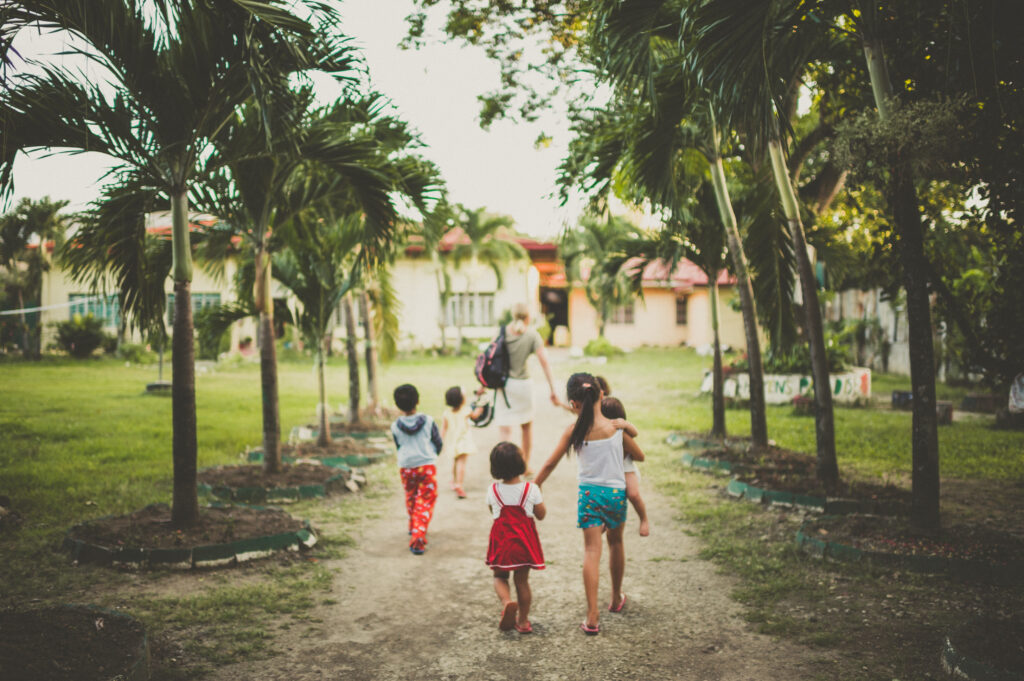
1. Liberate became Liberate Live
Taking our event online meant a shorter programme with different content, but we were still able to hear from IJM Ghana’s Anita Budu. And we still gathered to pray. Running the event online also allowed more of our supporters to connect from all around Australia – and the world. You didn’t know this, but our Founder and CEO Gary Haugen got up at 4.30am his time to tune in and pray with us!
2. Survivor needs have changed – and IJM is responding accordingly
The day after Anita spoke with us, the Ghana aftercare team loaded up the truck to deliver essential supplies to survivor families as the country moved into lockdown against COVID-19. Similarly, teams in places like South Asia have been granted permission to resource survivors and their communities in this time of need.
3. Survivors are mobilising to educate and support other survivors
We have been hugely encouraged to see leaders of the Released Bonded Labourers Association (RBLA) in Tamil Nadu, India, visiting survivor communities to raise awareness about COVID-19 and how they can protect themselves from catching and spreading it. They also distributed hygiene packs. Survivors helping survivors!
4. Lockdown laws are increasing the vulnerability of children and women who are unsafe at home
While staying at home is curbing the spread of the coronavirus outbreak and is necessary for public health, home is, for many children and women, the least safe place to be. Children and women in Bolivia, Guatemala, Kenya and Uganda are more vulnerable than ever to domestic violence, including sexual violence. Children in the Philippines are more vulnerable to cybersex trafficking. At the same time, foreign customers – including Australians – are spending more time online and are more ready, as they search for entertainment, to commission the online sexual exploitation of children.
5. Some survivors are more vulnerable to retrafficking
The closure of businesses due to lockdown laws means survivors who have lost jobs or clients now have no source of income. This makes them vulnerable to retrafficking. Meanwhile migrant workers in South and Southeast Asia, for example, are rushing home with no social distancing measures possible in these situations of mass migration.
6. Trials are being put on hold – or being run virtually
Many cases have been adjourned as courts close during the pandemic, delaying justice for survivors who have already been waiting for years to see their abusers held accountable by the law. The good news is that Kenyan courts are running virtual hearings, resulting in the release of many wrongfully imprisoned individuals. The Dominican Republic is doing the same for “critical” hearings and our team is pushing for our cases to be classified as such so that sex trafficking survivors can see justice delivered swiftly. In Mumbai, several courts remain operational. In Kolkata, a court granted an IJM client (a survivor of sex trafficking) interim victim compensation amounting to almost A$3,000.
7. IJM staff are working from home
Not only our Australia-based staff, but all of our IJM offices are now working remotely. While this has its limits, the work continues. As I’ve mentioned above, IJM has in many instances been granted exemptions from lockdown restrictions (or found alternative means) to provide our essential services of rescue, restoration, restraint of criminals and repair of justice systems.
The work of justice goes on
What hasn’t changed is our commitment to keep seeking justice for the poor.
This week, despite the country being in lockdown, a partner lawyer was able to secure government support for the rescue of five boys from slavery at a paper-making factory. The boys are now in a government shelter and charges have been laid against the factory owner. It’s just one example of the transformation that we are still working hard to effect and still seeing in IJM’s work.
There is reason to hope and reason to keep fighting.
Hsu-Ann is Senior Manager, Marketing & Communications at IJM Australia. Previously, she served as Communications Fellow at IJM Bolivia. You can connect with her on Instagram, LinkedIn and Twitter. She also blogs at suansita.com.




